Click on a widget to learn more about each practice
Got it, thanks

X
Communicating in written or spoken form is another fundamental practice of science; it requires scientists to describe observations precisely, clarify their thinking, and justify their arguments.
Read More
Read More

X
Planning and designing investigations require the ability to develop inquiries that can explain observations, answer questions, and test hypotheses.
Read More
Read More
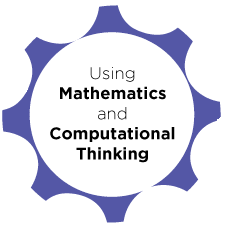
X
Mathematical and computational skills allow scientists to view data from different perspectives, to test relationships between variables, and to explore the interplay of diverse external conditions.
Read More
Read More
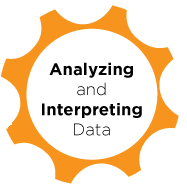
X
Data must be presented in a form that can reveal any patterns and relationships and that allows results to be communicated to others. A major practice of scientists is to organize and interpret data through tabulating, graphing, or statistical analysis.
Read More
Read More
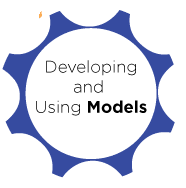
X
Conceptual models are explicit representations that correspond to the phenomena they represent. Scientists use models to represent their current understanding of a system under study, to aid in the development of questions and explanations, and to communicate ideas to others.
Read More
Read More
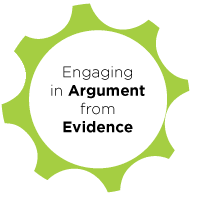
X
Scientists engage in a process of reasoning that requires them to make a justified claim about the world. In response, other scientists attempt to identify the claim’s weaknesses and limitations.
Read More
Read More

X
The ability to ask well-defined questions is an important component of science literacy. The experience of learning science and engineering should develop students’ ability to ask – and encourage them to ask – well-formulated questions that can be investigated empirically.
Read More
Read More
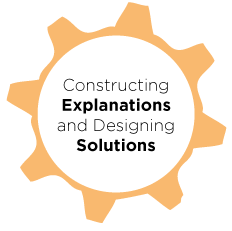
X
Scientific theories provide explanations aimed at illuminating the nature of particular phenomena, predicting future events, or making inferences about past events. They are based on significant bodies of knowledge and evidence, are revised in light of new evidence, and must withstand significant scrutiny by the scientific community before they are widely accepted and applied.
Read More
Read More